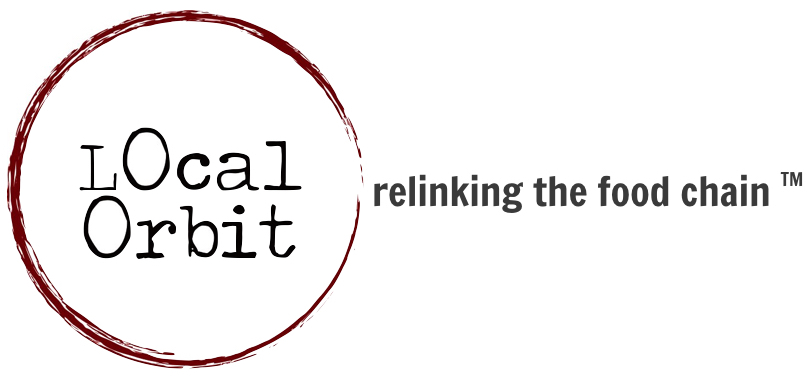Over the past few months, Local Orbit has published several blogs with a similar theme: managing change. Change occurs in every business and organization – and it’s a sign of health, related to managing growth, embracing new opportunities – or taking action to fix a problem.
To address the changing needs of customers, markets, and suppliers businesses may change the products they offer, their pricing, or how they market and communicate. They may also change their internal processes and systems in response to external shifts and growth. But change can be difficult to manage, especially when your current work still requires your attention.
In a previous post, Local Orbit COO Eric Meister addressed how indecision – the failure to act on needed change – could be costly to a business. In a post on incremental change, Jackie Cohen discussed the iterative approach we take to building the Local Orbit platform. For software development, this means over time we implement smaller parts of large features without significant disruption to our customers. Any kind of business can apply a similar iterative approach to managing the process of change.
We work with a diverse range of businesses, with many different business models, to help them transition to new processes and systems. The most frequent shift we see with our current and prospective food hub customers is the addition of restaurant and/or institutional customers to an established consumer business model.
Adding to a new market segment involves many considerations. You need to identify new customers, understand their needs, and evaluate whether there are enough of them to create a viable revenue stream. You need to determine what product offerings will change; how to work with suppliers to manage new volumes and pack sizes; create processes for ordering, order management, and fulfillment; and re-think your marketing.
You’ll also need to examine whether the shift requires new staff or physical infrastructure, or whether to establish new supply chain partnerships to support these changes. And you’ll need to update your financial models and forecasts to understand how all of these variables play out with the fiscal health of your business.
If you tried to address all of this simultaneously, your existing business would suffer and you would almost certainly become overwhelmed. And, no matter how well you plan, you won’t get everything right.
Instead of investing all of your time and money developing a perfect, all encompassing plan and trying to do everything at once, you can set up some well-defined experiments that enable you to test. It may sound simple, but the key to tackling a project like this is to start with smaller changes that you can build on to achieve a larger goal.
For the example above, this may mean working with one or two suppliers and one new institutional customer for a limited time. Before you start, clarify your thesis (assumption) and establish a simple, measurable goal that can be achieved within this time frame. As you experiment, you can analyze and learn, then iterate, adding and expanding on the experimentation until you find what works.
When you implement change gradually, you alleviate the risks and stress of change – while also creating more valuable solutions to your customers’ problems and more effective internal business processes.
Using an iterative approach, you’ll not only tackle change in a manageable way, your business will become more agile overall, which becomes an advantage that will help you continue to change in order to meet the evolving needs of your customers and ensure long term success.
Related reading:
Local Orbit’s Business Model Canvas and Customer Journey Mapping tools can help you help kick-start new projects or iterate on existing services.

